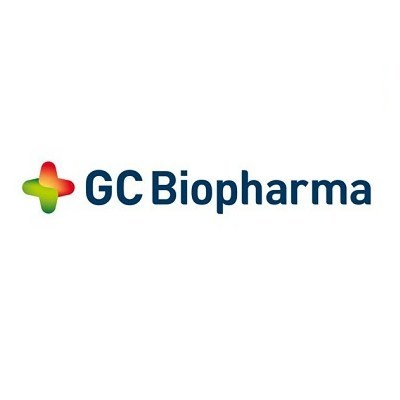Business
GC Biopharma Secures Manufacturing Rights for Shingles Vaccine

GC Biopharma, a South Korean biopharmaceutical company, has announced a significant agreement with Curevo Vaccine to secure contract manufacturing rights for amezosvatein, a recombinant shingles vaccine currently in clinical development. This partnership will see GC Biopharma responsible for producing part of the commercial supply of amezosvatein for global markets.
The global market for shingles vaccines is currently led by GSK’s Shingrix, which has experienced remarkable growth since its launch in 2018. The market expanded from KRW 1 trillion in 2017 to approximately KRW 6 trillion (around USD 4.4 billion) in 2024, reflecting an average annual growth rate of about 20%. In 2024, Shingrix alone achieved over KRW 5 trillion (approximately GBP 3.4 billion) in global sales, securing over 90% market share.
Amezosvatein, which is designed to be an adjuvanted recombinant protein vaccine, shares similarities with Shingrix but incorporates a synthetic adjuvant aimed at minimizing local injection-site pain and systemic reactions typically seen in vaccines. Initial Phase 2 trials indicate that amezosvatein demonstrates non-inferior immune response compared to Shingrix while also showcasing favorable tolerability.
Currently, Curevo Vaccine is conducting an expanded Phase 2 study involving 640 adults aged 50 and older. The company aims to complete this trial by 2026 and plans to transition directly into Phase 3, setting the stage for global commercialization. This strategic addition to the shingles vaccine landscape is expected to provide patients and healthcare providers with a valuable alternative, enhancing options in a market largely dominated by a single product.
“This agreement marks a critical milestone in securing long-term growth drivers for GC Biopharma,” said Huh Eun-Chul, CEO of GC Biopharma. He emphasized the company’s commitment to expanding its global vaccine business through strategic collaborations and innovative technologies.
GC Biopharma, previously known as Green Cross Corporation, is headquartered in Yongin, South Korea. With over half a century of expertise in developing and manufacturing plasma derivatives and vaccines, the company is actively broadening its international reach. In 2024, it successfully entered the US market with Alyglo® (intravenous immunoglobulin G).
Looking ahead, GC Biopharma remains focused on leveraging its core research and development capabilities in protein engineering, mRNAs, and lipid nanoparticle drug delivery systems. The company aims to develop therapeutics for rare diseases and address immunology and inflammation challenges.
For more information about GC Biopharma, visit their official website at https://www.gcbiopharma.com/eng/.
This press release may contain forward-looking statements that express management’s current beliefs and expectations. Such statements are not guarantees of future performance and involve known and unknown risks and uncertainties. GC Biopharma undertakes no obligation to update or revise any forward-looking statements as required by law or stock exchange regulations.
-

 Lifestyle3 months ago
Lifestyle3 months agoLibraries Challenge Rising E-Book Costs Amid Growing Demand
-

 Sports3 months ago
Sports3 months agoTyreek Hill Responds to Tua Tagovailoa’s Comments on Team Dynamics
-

 Sports3 months ago
Sports3 months agoLiverpool Secures Agreement to Sign Young Striker Will Wright
-

 Lifestyle3 months ago
Lifestyle3 months agoSave Your Split Tomatoes: Expert Tips for Gardeners
-

 Lifestyle3 months ago
Lifestyle3 months agoPrincess Beatrice’s Daughter Athena Joins Siblings at London Parade
-

 World2 months ago
World2 months agoWinter Storms Lash New South Wales with Snow, Flood Risks
-

 Science3 months ago
Science3 months agoTrump Administration Moves to Repeal Key Climate Regulation
-

 Business3 months ago
Business3 months agoSoFi Technologies Shares Slip 2% Following Insider Stock Sale
-

 Science3 months ago
Science3 months agoNew Tool Reveals Link Between Horse Coat Condition and Parasites
-

 Science2 months ago
Science2 months agoSan Francisco Hosts Unique Contest to Identify “Performative Males”
-

 Sports3 months ago
Sports3 months agoElon Musk Sculpture Travels From Utah to Yosemite National Park
-

 Science3 months ago
Science3 months agoNew Study Confirms Humans Transported Stonehenge Bluestones








